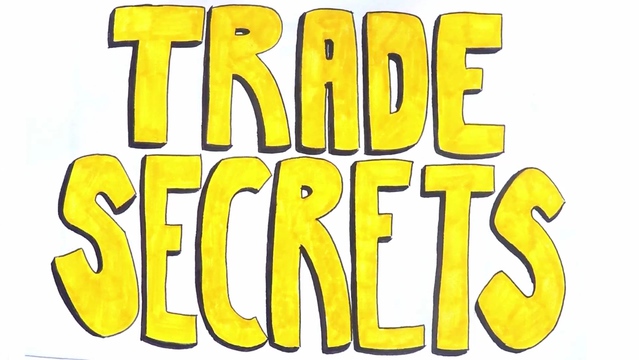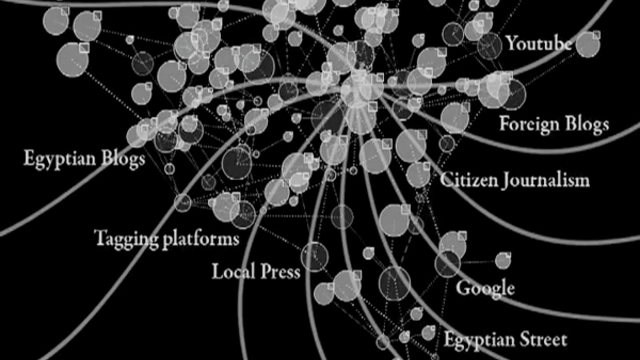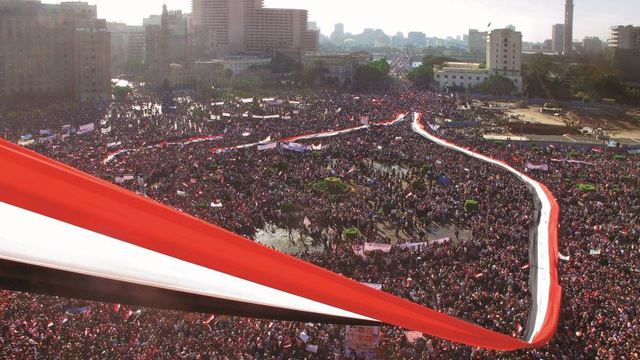Search results for 'art'
Moments Within the Movement: A Conversation
Devin Allen and Stephanie Renée on the power of photography and citizen activism in contesting social injustice Fields of Knowledge
ReadThe dark side of Camping
Camping can be so nice. Crawling out of dewy plastic in the early morning, with a pinch of sleep still in your eyes, braving the unbearably hot sun, yet invigorated and ready to take on the day with as much indifference as possible to the ongoing struggle with nature. Surely everybody knows that the secret of success is to fight the laws of petty bourgeois civilisation with minimal equipment and therefore gain a flexibility that is capable of suspending the otherwise ruling power relations for a clearly defined amount of time.
ReadSubject: txt-tracks 1-5 from techNet, uk
gruesse von ELEKTRO
From: Pit Schultz
Status: RO
Techno: Psycho-Social Tumult
A Brief History of the Noborder Network
It wasn't exactly the right place nor really the right time to launch a political campaign which publicly called for a series of offenses against the law, yet when the call "No one is illegal" went out exactly five years ago at documentaX, the usual reservations counted little. In the Orangerie which had been temporarily arranged as a media laboratory, at the end of the visitors' course of the well-known Kassler art exhibition, a dozen political and media activists from all Germany's bigger cities met up at the end of June 1997 in order to publish an appeal.
ReadINFOBAHN BLUES
Since American Vice-President Al Gore made his famous speech in
California a couple of years ago, it has become impossible to scan any
news medium without finding at least one reference to the "Information
Superhighway". The Information Superhighway metaphor - specially
tailored for Mr. Gore's California audience - is so brilliantly
simplistic it seems to have blown the mind of every media editor in the
Western Hemisphere. With an Information Superhighway you just plug in
your modem and roll your data out onto the ramp and into the dataflow
where it zips along the freeway until it hits the appropriate off-ramp.
Finding data is the same - it's all nice straight data-lanes with on
and off ramps and well-banked curves.
Media Darkness
Reflections on Public Space, Light and Conflict
There is an unshakable belief in the idea that what defines the mass
media is that they produce or constitute, in all their different ways,
a public. So while there is agreement on the fact that not every public
sphere is a communication medium, many people tend to think that every
communication medium constitutes a public sphere - the most recent and
prominent candidate being, of course, the Internet. But is this claim
as to the public quality of all media, hegemonic as it may be today,
really tenable?
make world paper 3
Two years after 911 the global cup looks both half full and half empty. It's hard to be optimistic, yet there are plenty of reasons for it. With the Bush-Blair war machine running out of steam, the movement of movements shifts its attention to alternatives for the WTO, Security Council and similar post-democratic bodies. In the moral desert of the Iraq War the structuration of imaginary consent through the repetitive bombardment of the image began to show severe cracks in credibility. These discrepancies within the represented result in a heightened need for action. The Iraq war didn't fool any one and both sides are still reeling a little from the shock. While maintaining their anger, people moved on from protest to a collective search for that other, possible world. What might a global democracy look like? Would it be a system with representatives and 'rights,' or rather a dynamic set of events, without higher aims?
ReadPost-media Operators
1.
The record industry is in the process of being outflanked by
means of the very processes that it has come to rely upon. Since the
60's its continual efforts to create new needs has meant that it
nurtured an everchanging musical soundscape that is now mutating at
such a pace that it cannot keep track long enough to harness these
musical evolutions in the direction of profit. That fact that it
doesn't achieve this harnessing has the remarkable effect of making the
'new' last longer! A longevity that comes from our always being able to
place ourselves amidst a continual re-definition of these sounds. Even
in terms of format, the profit-orientated shift to a CD market which
may have meant that back-catalogues could be re-sold has also worked to
deliver an on-line tap of musical history at the same time that vinyl
pressing has become cheaper. These and other factors feed into the
accelerating mutation that in turn creates a dissatisfaction with what
the industry can offer.
Whispering Spaces / Traces of Absence
Curatorial Statements for the "Crossfire" exhibition, an Installation by Shahidul Alam on Extra Judicial Killings, Drik Gallery, Dhaka, March 22 - 31, 2010.
The Dangers of Co-optation with Corporations
Over 2,000 Ogoni, including their leader, Ken Saro-Wiwa have died since they started their non-violent campaign against Shell. Many Ogoni are still imprisoned today. Their only crime was to campaign against the ecological destruction of their homeland by Shell and ask for a greater share of the oil wealth that had been drilled from under their land.
ReadRehearsal of Memory
About his CD-ROM production called ROM
The production of this interactive programme has been commissioned by
Video Postive 1995 and the construction of the artwork is set to take
place during January to April 1995.
The Californian Ideology
"Not to lie about the future is impossible and one can lie about it at will"
- Naum Gabo [1]
ACT UP (AIDS Coalition To Unleash Power)
ACT UP, AIDS Coalition To Unleash Power, is a diverse, non-partisan group of individuals, united in anger and committed to direct action to end the AIDS crisis, started in 1987. We meet with government officials, we distribute the latest medical information, we protest and demonstrate. We are not silent.
ReadTen Theses on WikiLeaks
These 0.
"What do I think of WikiLeaks? I think it would be a good idea!"
(after Mahatma Gandhi's famous quip on 'Western Civilisation')
Dawn of the Organised Networks
At first glance the concept of "organised networks" appears oxymoronic. In technical terms, all networks are organised. There are founders, administrators, moderators and active members who all take up roles. Think also back to the early work on cybernetics and the "second order" cybernetics of Bateson and others. Networks consist of mobile relations whose arrangement at any particular time is shaped by the "constitutive outside" of feedback or noise.[1] The order of networks is made up of a continuum of relations governed by interests, passions, affects and pragmatic necessities of different actors. The network of relations is never static, but this is not to be mistaken for some kind of perpetual fluidity. Ephemerality is not a condition to celebrate for those wishing to function as political agents.
ReadInternational #GlobalDebout meeting, May 7-8, Paris
International meeting for #GlobalDebout programme May 7th-8th – Paris, Place de la République
Location: Paris, Place de la République
This meeting is intended for activists and citizens all over the world.
International Call by #NuitDebout




